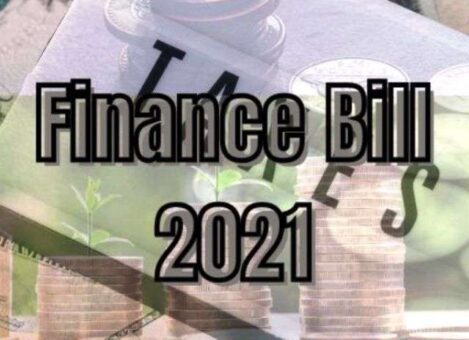KARACHI: The government through budget 2021/2022 has abolished advance tax on stock exchange transactions and in this regard required amendment has been proposed through Finance Bill, 2021.
Tax experts at KPMG Taseer Hadi & Co. in its commentary on budget 2021/2022 said that the stock exchanges registered in Pakistan were required to collect advance tax from their members on purchases and sales of shares in lieu of tax on commission earned by them.
The Finance Supplementary (Second Amendment) Act, 2019 abolished the collection of this advance tax effective 01 March 2019.
Resultantly, applicability of section 233 of the Income Tax Ordinance, 2001 i.e. withholding of tax on commission income was triggered.
However, there is a point of view that taxation of income earned by members of stock exchange registered in Pakistan still covered under this section.
In view of above, the Bill proposes to withdraw section 233A of the Income Tax Ordinance, 2001, hence, after such amendment, the taxability of income earned by members of stock exchanges now compulsorily fall under section 233 of the Ordinance.
The bill also proposed to abolish collection of tax by National Clearing Company of Pakistan Limited (NCCPL).
NCCPL collects advance tax from the members of Stock Exchanges registered in Pakistan on margin financiers, trading financiers and lenders in respect of margin financing in share business. The Bill proposes to withdraw such collection of tax.





